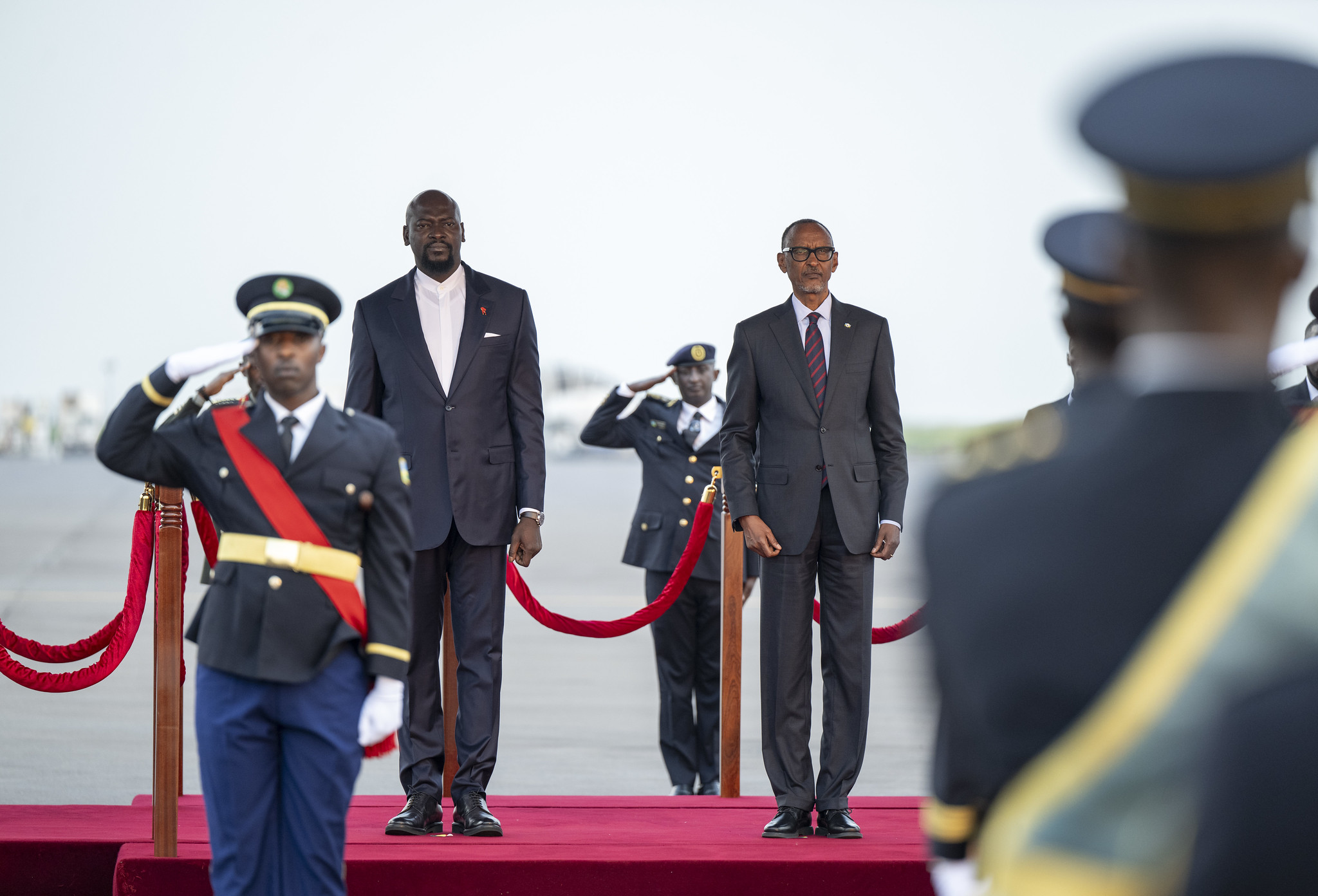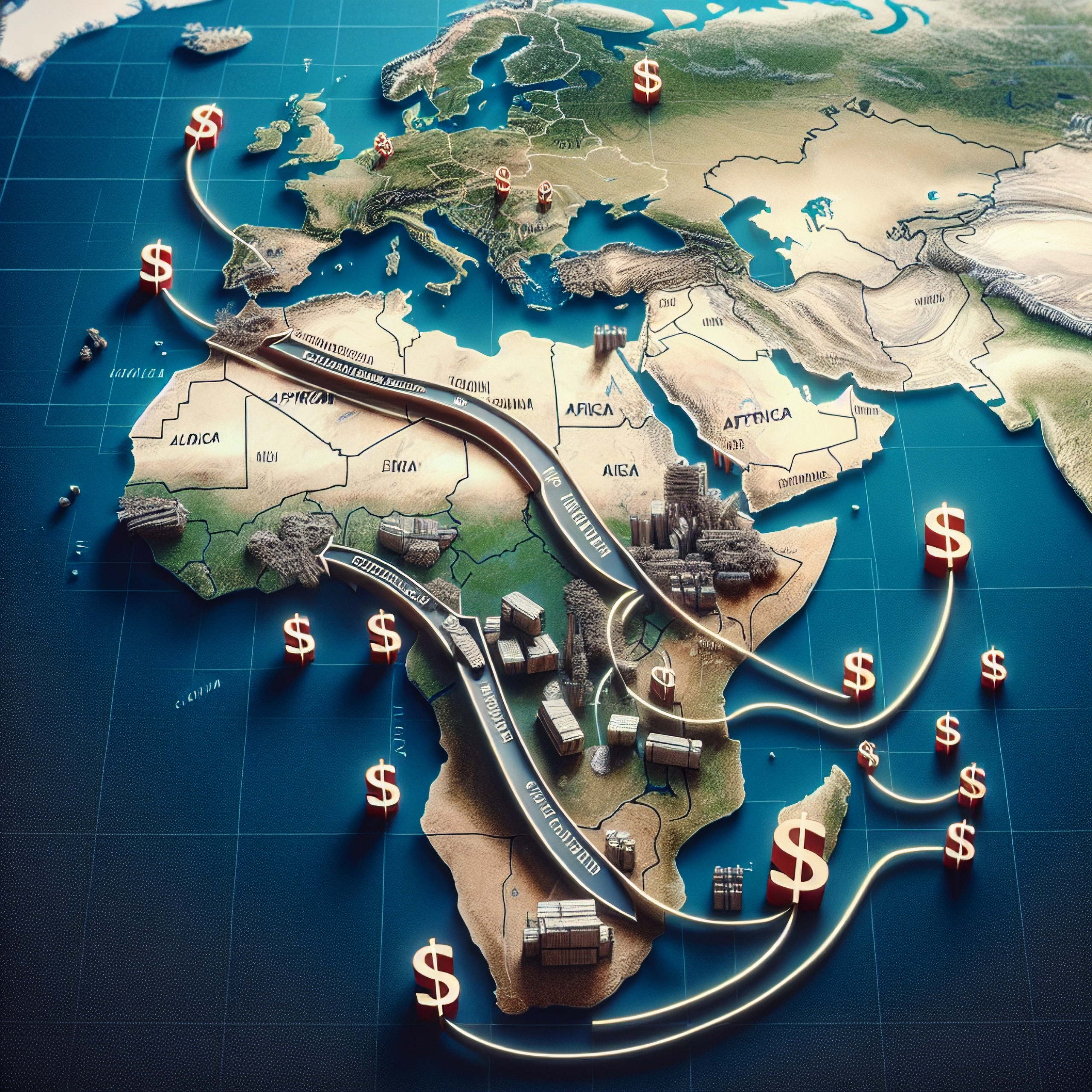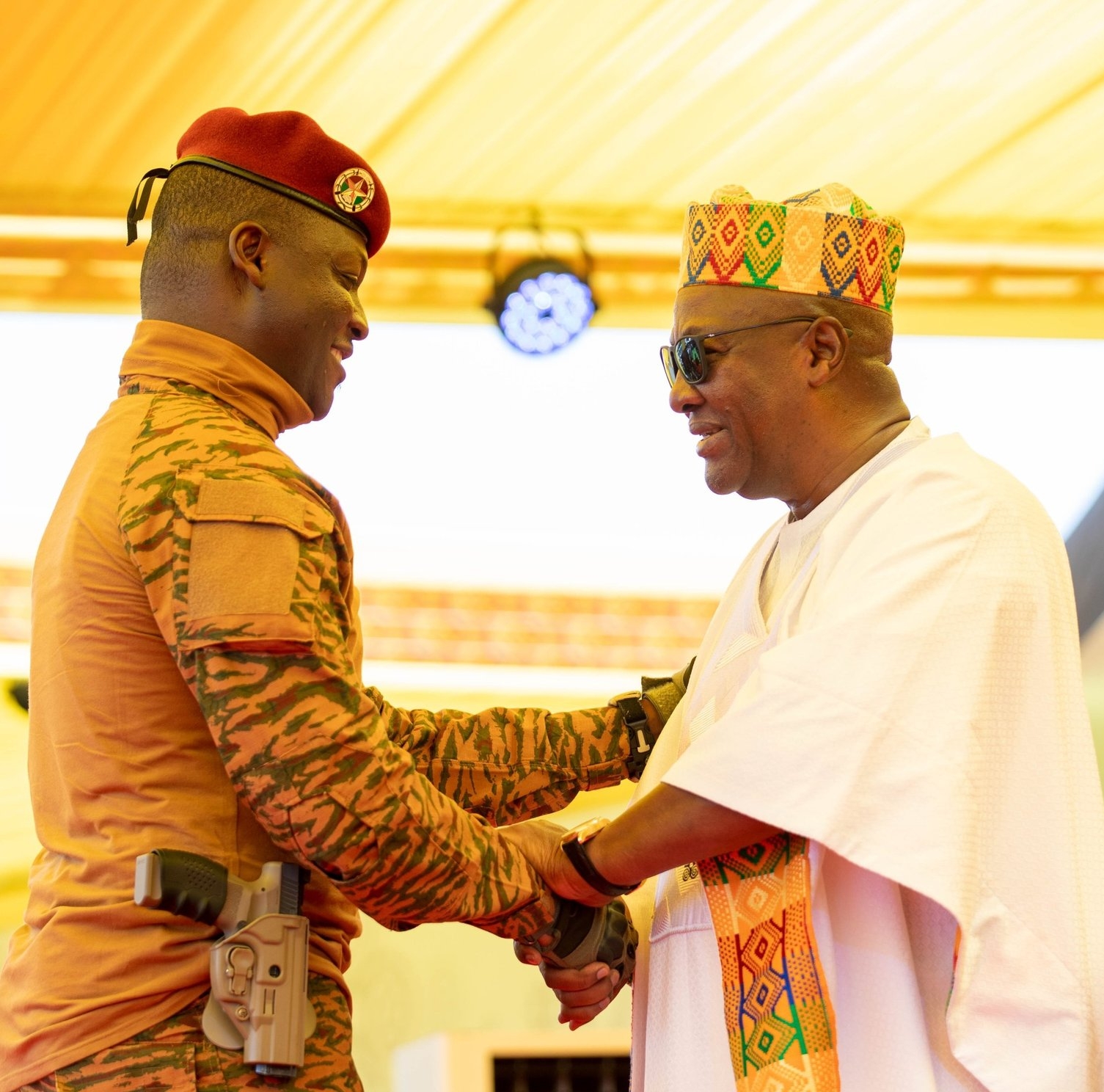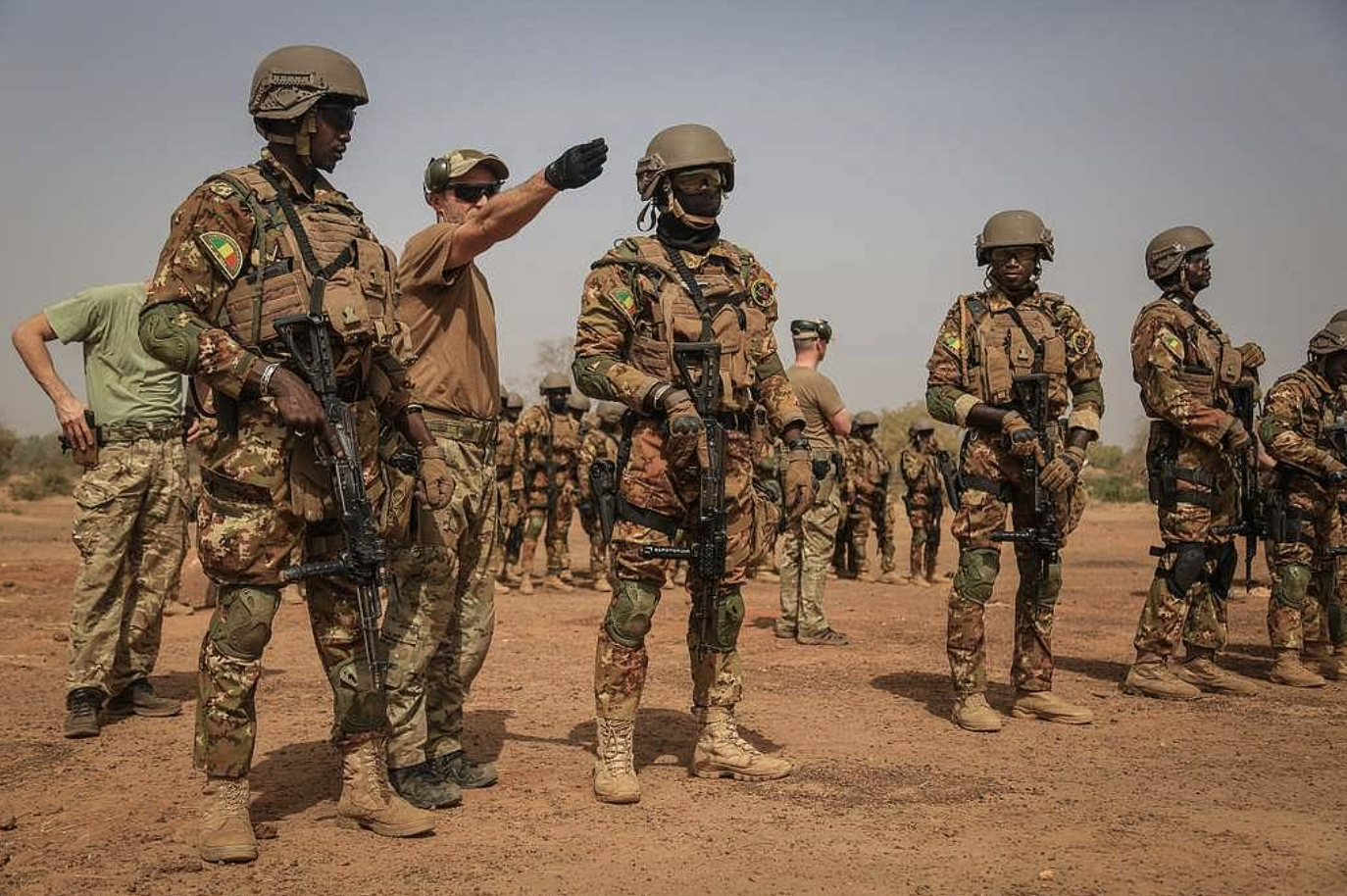Governance shifts in Francophone Africa – reform or façade?

The renewal and rejuvenation of political institutions is typically central to the narratives deployed by the juntas that have seized power across Francophone Africa in recent years. Indeed, in Gabon, the putschists established a dedicated Committee for the Transition and Restoration of Institutions (CTRI), indicating their desire to steer the country toward proper governance, rectifying the corruption of previous regimes.
However, Francophone Africa’s military leaders are not seeking the restoration of the existing constitutional order, but rather seeking to depart from inherited models and to establish a new governance system better adapted to the African historical and social context.
A complex history
While classical constitutionalism is widely seen as an European invention, globalised through colonialism, homegrown examples of written or oral legal texts governing political institutions have existed across the world. The Manden Charter of the West African Mali Empire – thought to have been established in the 13th century – is an example of such legal code devoid of Western influence. This text is often cited by the pan-Africanist ideological backers of the Sahelian juntas as a source of inspiration for their indigenous constitutional ambitions.
Francophone Africa’s institutional history has been shaped by the decolonisation process of the 1960s. In contrast to the former British colonies – which gradually departed from the Westminster model of parliamentary democracy – the French Fifth Republic bequeathed a highly centralised presidential system to newly-independent states in West and Central Africa.
Individuals protected this legacy, with French constitutional scholars holding significant influence in presidential palaces, including the infamous Charles Debbasch, who helped his patrons navigate legal subtleties to extend their stay in power. He notably assisted President Félix Houphouët-Boigny prolong his rule in Côte d’Ivoire and advised Omar Bongo in Gabon. Debbasch also left a profound mark in Togo, where he enabled Faure Gnassingbé to sidestep the constitutional succession rules to succeed his father upon the latter’s death in 2005.
Shattered democratic hopes
A wave of democratisation shook Africa in the 1990s, raising popular expectations. The end of the Cold War had deprived left-leaning leaders of Soviet support and made Western powers such as France less inclined to support autocratic regimes – at least openly. Confronted by popular and international pressure, West African leaders were forced to make concessions, allowing for multi-party elections and introducing checks on presidential power.
It was only in the early 2010s that West African politicians successfully capitalised on these dynamics. In Guinea, the election of Alpha Condé promised to inject new ideas after decades of military rule. In Côte d’Ivoire, Alassane Ouattara secured election in a watershed vote, and ultimately unseated the incumbent, Laurent Gbagbo, with the military support of France. In Senegal, Macky Sall ran on a platform opposing a third term for President Abdoulaye Wade, consolidating his image as a defender of democratic values.
Yet, when the three men resorted to old habits, they rolled back hard-won gains and shattered popular hopes of competitive multi-party democracy. In 2020, both Ouattara and Condé ran, and were elected, for a third mandate, having amended the constitution to bypass term limits. While Ouattara’s plans received the tacit support of the West – and he is now weighing the possibility of a fourth mandate – Condé’s constitutional tinkering sowed the seeds of his demise.
The military plotters led by Mamady Doumbouya cited Condé’s third term bid as a key pretext for the coup that ousted him in 2021. Last year, Macky Sall shocked both political allies in Senegal and international partners when he revealed plans to seek a third term. It was again a French legal scholar that Sall solicited to justify the constitutionality of the move. While Sall finally renounced his ambitions after deadly protests spread around the country, he tarnished his legacy and emboldened his opponents, Bassirou Diomaye Faye and Ousmane Sonko, with legal chicanery and dubious attempts to postpone the election.
The failure of democratic experiments in Francophone Africa has fueled the narrative of the coup plotters that took power across West and Central Africa. While they are far from embracing democratic values themselves, the coup plotters in Conakry and Libreville cited the brazen corruption and electoral manipulation of the Condé and Bongo regimes as rationale for military intervention. The juntas in the Sahel mainly find their legitimacy in the need to solve the dire security situation, but do not miss an occasion to point out the West’s hypocrisy in cherry-picking which African leaders should be allowed to circumvent democratic process.
Towards an alternative model
The juntas initially demonstrated a willingness to restore democratic institutions during their negotiations with regional blocs such as the Economic Community of West African States (ECOWAS). Transition timetables were adopted, aligning with the traditional framework of Western democracies, progressing from the adoption of a new constitution by popular referendum to the organisation of a series of elections.
However, the shifting geopolitical balance of power between juntas and democracies in the region – epitomised with the creation of the Alliance of Sahelian States (AES) by Burkina Faso, Niger and Mali after their withdrawal from ECOWAS – marked the end of these pretences of democratic transition.
Military regimes are now openly defiant toward what they regard as a foreign political model, calling for the creation of homegrown democratic systems rooted in African social and cultural values. Paul Kagame’s Rwanda is often cited as a model by the leaders of the Guinean junta, which used a visit by Russian Foreign Minister Sergey Lavrov to instigate joint attacks against Western-inspired democracy. Yet, open alignment with regimes with such poor human rights records augurs poorly for domestic civil society organisations, many of which have relied on foreign funding – a dynamic which the juntas view as a proof of their instrumentalisation by the West.
Francophone Africa may be yearning for a new Manden Charter, but in reality the military juntas appear to lack such ambitions. The new Malian and Chadian constitutions lack any groundbreaking constitutional changes, but rather serve to consolidate the power of the ruling juntas. While Niger is at an early stage, Burkina Faso and Guinea are already behind schedule in drafting their texts, indicating a desire to prolong the exercise at least until the end of the year. Gabon also risks falling behind if it fails to form a constituent assembly charged with preparing its first draft later this month.
Ironically, the most radical departure from the inherited presidential model did not come from the juntas, but instead from Togo and Senegal. In March, Togolese President Faure Gnassingbé initiated a controversial reform, introducing a parliamentary system, despite protests from the opposition. While supposed to introduce stronger checks and balances, in reality the changes enable Gnassingbé to bypass constitutional term limits, by shifting power to the President of the Council of Ministers, who is indirectly elected and subject to no term limits. Senegal has also seen its fair share of constitutional tinkering, with Sall first eliminating and then restoring the post of prime minister. However, the electoral triumph of Faye – a back-up candidate following the exclusion of Sonko – heralds a shift in institutional power sharing, with the charismatic Prime Minister Sonko likely to eclipse President Faye as the source of political ideas and authority.
Proud to be BCorp. We are part of the global movement for an inclusive, equitable, and regenerative economic system. Learn more


